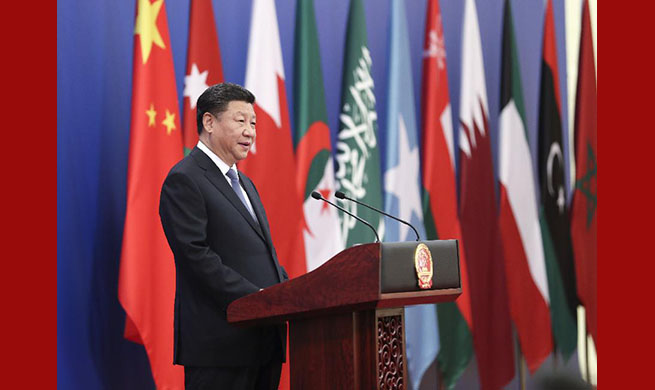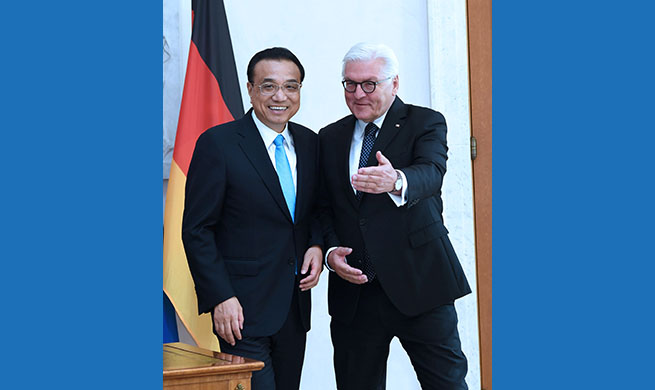GENEVA, July 10 (Xinhua) -- China has created a first-class intellectual property (IP) system and has been a huge creator of cultural content, which is driven by a carefully-planned strategy from the top to put innovation at the heart of the economy, the chief of the World Intellectual Property Organization (WIPO) said in a recent interview with Xinhua.
WIPO Director General Francis Gurry made these remarks just prior to the release of the latest Global Innovation Index (GII) 2018 on Tuesday.
In 2017, China sustained its progress in the overall ranking by securing the 22nd spot, making it the first ever middle-income country in the top 25 ranking.
Speaking of the latest GII release, Gurry said he has high expectations for innovation in China.
"I think you have to see the movement of each year as part of the trend, and the trend in relation to China is of an inexorable rise," Gurry said.
The WIPO chief said that behind China's success has been a carefully-planned strategy made by the Chinese leadership to place innovation at the heart of the economy.
"We see that a massive structural transformation is underway in the Chinese economy from low-cost labor manufacturing and factories to much higher knowledge-intensive industries, and innovation is the key to the success of that transformation."
Gurry believes that such a key ingredient has engaged and rallied the whole country behind this top-down policy, including state-owned enterprises, private enterprises, universities and research institutions.
"The indicators of investment in research and development of China is now the second largest globally; the indicators of output like the number of scientific publications of China continues to rise; and the number of international patent application from China (keeps going up). All the indicators are positive and follow consistent trends. And I think this policy of a carefully-planned, high-level focus on innovation is part of the key to China's success."
"Of course, nobody is perfect," Gurry said. He suggests China continue emphasizing value-addition and innovation, as well as making the market more open and favorable to innovation.
While talking about the IP protection in China, Gurry said the journey has been an extraordinary one. He recalled that China's patent law was only enacted in 1984, making it less than 40 years ago.
"Since then China has constructed a first-class IP system and has been a huge creator of cultural content, where copyright has been extremely important and in creative use in the economy."
"The performance of China has been really outstanding. It's got outstanding institutions such as the state office of IP and other offices in the field of copyright, (together) with a huge effort from the judiciary such as the IP court in Shanghai and Beijing. The supreme court has put a lot of emphasis on IP. WIPO is cooperating those institutions in many areas."
He also appreciated the outstanding achievements scored by Chinese enterprises as China has become the second largest source of international patent applications, and has been rising in terms of global brands and cultural content.
China is a producer of IP, which is a major reason for China to protect IP both home and abroad, he said.

















